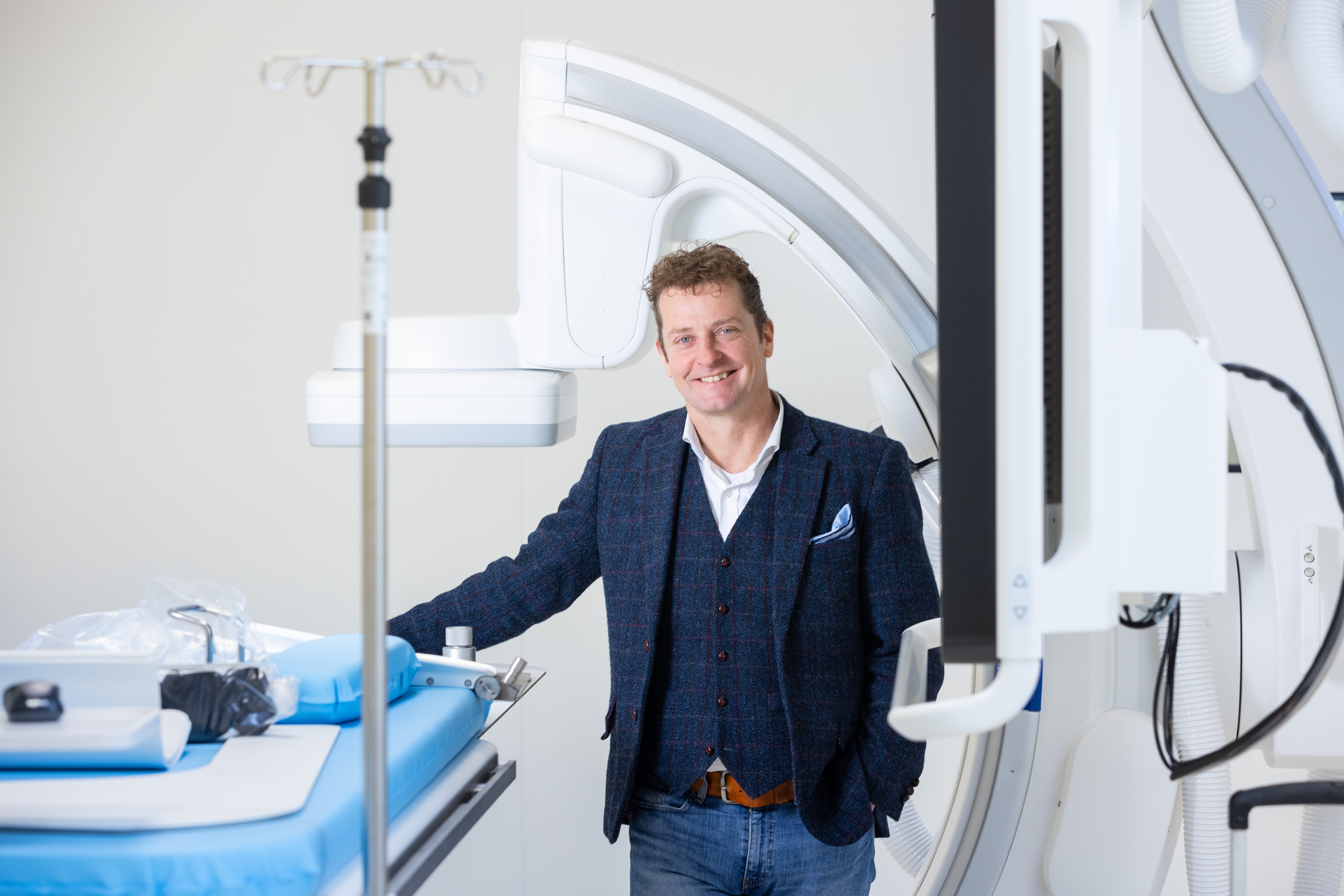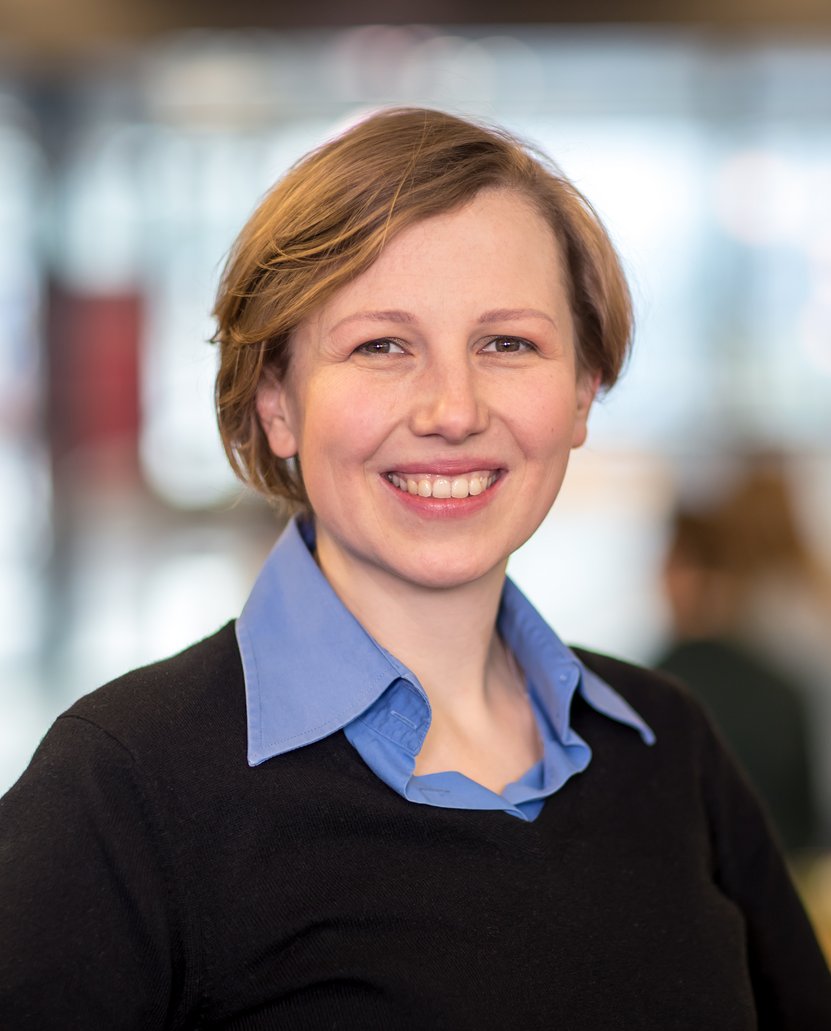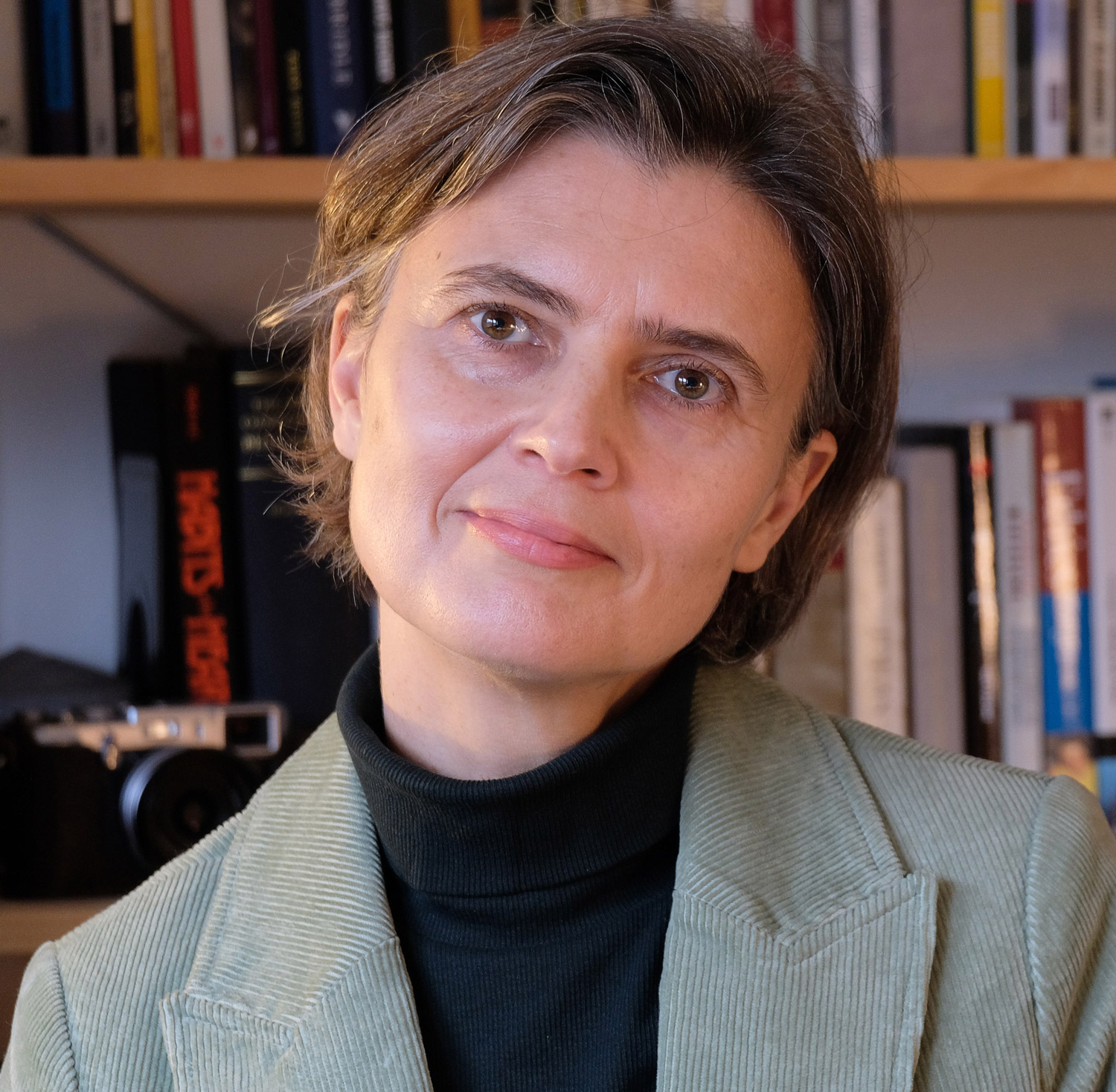Put down the 'frikandel'
On the Brightlands Campus Greenport Venlo, paediatrician Edgar van Mil and psychologist Remco Havermans hold the Youth, Food and Health chair at Maastricht University’s (UM) Faculty of Science and Engineering. They hope to develop early- and late-childhood interventions to combat overweight and obesity.

Remco Havermans and Edgar van Mil
Overweight growing to unhealthy proportions
“Fourteen per cent of children and half of all adults in the Netherlands are overweight”, says Van Mil. “So it’s less of a problem than in the UK, for example, but it’s a rapidly growing problem and a potential public-health crisis.” Since obesity and overweight are difficult to treat in adulthood, it makes sense to focus on the formative stage, he adds. Preventive intervention means treating every child as a potentially obese adult.
“There’s pretty much an absolute consensus on the benefits of eating more vegetables and fruit”, Van Mil explains. “We want to improve children’s health and dietary habits.” The new professorial chair was endowed by a consortium of regional companies involved in vegetable production. Their expertise may come in handy when it comes to promoting vegetable consumption, but they also look forward to collaborating within the wider UM–Brightlands ecosystem for health research.
Share the chair
Initially, Havermans and Van Mil each applied for the professorship independently. But during the selection process, the consortium introduced them to each other and suggested they be appointed joint holders. “We were enthusiastic from the get-go; we were exchanging ideas and couldn’t wait to start working together”, Havermans recalls. A chair straddling the fields of biology and psychology will help in tackling this complex issue.
“Nutritional health is not only about what you eat and how much,” Van Mil cautions, “but also about physical activity, the microbiome, even the parents’ microbiome, genetics and epigenetics, and many other variables.” The professors have opted for a systems approach. “So you study not only children and parents, but also relatives, the school environment and peer groups.” Studying this system – a complex and dynamic whole in which variables interact and affect one another – is no simple matter.

Remco Havermans is the research leader of the Laboratory of Behavioural Gastronomy at the Centre for Healthy Eating and Food Innovation at UM’s Campus Venlo. He previously worked as an associate professor at Campus Venlo, specialising in the psychology of eating. His PhD dissertation is entitled ‘Excessive appetite: The Pavlovian nature of human appetitive behaviour’.
The first and last 1,000 days
“In the first 1,000 days, however, that system is relatively simple”, says Havermans. “It’s more or less just the child and the parents.” They decided to bookend childhood by looking at the first and the last 1,000 days: from conception to about two years, and late adolescence, when peer pressure and advertising join factors such as the parents’ education level and financial situation.
“We’re really bringing our disciplines together to study the interaction between mind and body”, says Van Mil, whose clinical practice focuses on relatively rare conditions. “As a doctor you try to see what’s wrong and how you can fix it. Here we use diseases as models. For example, how can diabetes be managed, and how can we use that knowledge to help people stay healthy in the first place?”
What works?
Havermans focuses on the behavioural side of eating: why do we eat what we eat? Adolescents, for example, consume far too little fruit. “They’re not interested in their health, so explaining what’s healthy and what’s not won’t have much impact. Adolescence is about freedom, becoming independent by making your own choices”, Havermans says. “I’d assume the answer lies in making healthy food more appealing, but we’d have to test that: will having more healthy choices change their behaviour?”
Thanks to the collaboration with Van Mil, Havermans can now test the clinical outcomes of the interventions he has devised. Even if adolescents can be persuaded to eat more fruit, will their health outcomes actually improve? “As a psychologist, you always look at behavioural outcomes, but now that I can draw on Edgar’s expertise, I can actually look at what it does to peoples’ bodies.”
Both being fathers, the professors describe themselves as “just as frustrated and anxious as any parents”. They are motivated by the thought of helping parents make better decisions when it comes to food, and creating an environment conducive to those decisions. For all the harmony, however, they disagree on one key point: the culinary merit of frikandel. Havermans aye, Van Mil nay.

Edgar van Mil is a paediatric endocrinologist and specialist in diabetes and endocrine disease at Jeroen Bosch Hospital, where he founded the Obesity Lifestyle Intervention Centre (now the Centre for Healthy Lifestyle). He chairs several working groups on obesity and co-authored a book that inspired the national network approach for overweight children.
Also read
-
Lee Bouwman, a vascular surgeon and endowed professor of Clinical Engineering, specialises in the implementation of groundbreaking healthcare technologies. The key to success, he says, lies in the collaboration between engineers and clinicians. This approach has already resulted in a range of...
-
On April 19, during her inaugural lecture, Anna Wilbik explained how we can squeeze out the whole potential of data to the last drop.
-
Adriana Iamnitchi’s career appeared like a bed of roses. She served as a full professor in the Department of Computer Science and Engineering at the University of South Florida. Nonetheless, she sought out new challenges and moved to Maastricht, where she focused her research on social media.


